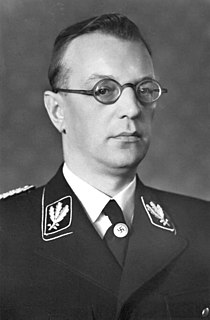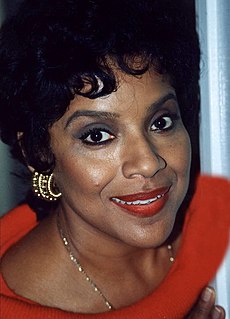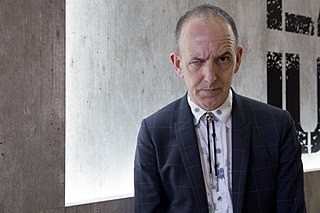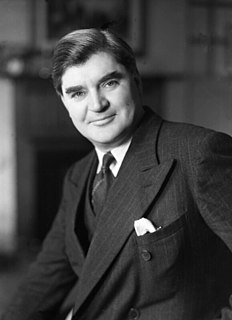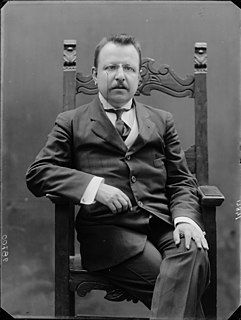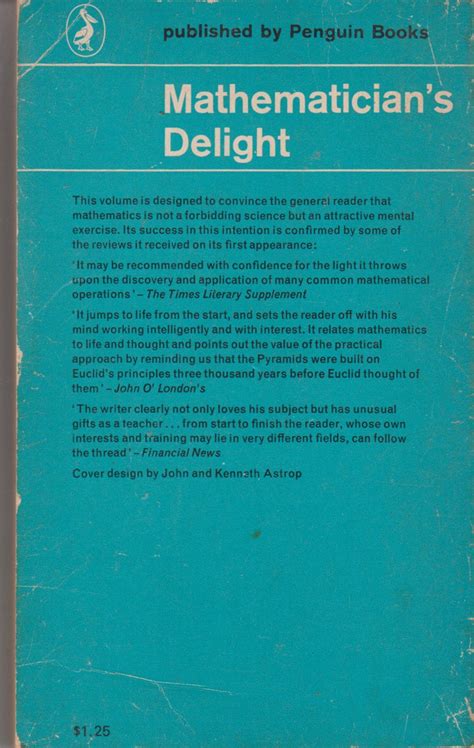A Quote by Arthur Seyss-Inquart
The southern German has the imagination and emotionality to subscribe to a fanatic ideology, but he is ordinarily inhibited from excesses by his natural humaneness. The Prussian does not have the imagination to conceive in terms of abstract racial and political theories, but when he is told to do something, he does it.
Related Quotes
The Latin American has no tribe to fall back on, as the African does, no reliable judiciary to defend his rights as the European does, no social ideal or sacred constitution as the North American does, no pervasive mythology to soften life as it does in Asia, and no even an ideology to subscribe to, as does the Russian or Chinese. Without wealth, what is there left to him but his manhood, to be flaunted and defended at every occasion?
Every true artist does feel, consciously or unconsciously, that he is touching transcendental truths; that his images are shadows of things seen through the veil. In other words, the natural mystic does know that there is something there, something behind the clouds or within the trees; but he believes that the pursuit of beauty is the way to find it; that imagination is a sort of incantation that can call it up.
I think imagination is at the heart of everything we do. Scientific discoveries couldn't have happened without imagination. Art, music, and literature couldn't exist without imagination. And so anything that strengthens imagination, and reading certainly does that, can help us for the rest of our lives.
A wise man once told me- he’s a muslim by the way- that he has more in common with a jew than he does a fanatic of his own religion. He has more in common with a rational, reasonable-minded Christian or a Buddhist or Hindu than he does with a fanatic of his own religion. In fact, he has more in common with a ration, reasonable-minded atheist than he does with a fanatic of his own religion
Let me just say that to imagine racism does not exist is imagination. And to imagine that it does not create its own set of problems is true imagination. So let's not imagine that racism is gone, extinguished, because it's not. We are seeing this in the top levels of the political arena, and we are seeing it very, very plainly.
And what is the great thing that the stage does? It cultivates the imagination. And . . . the imagination constitutes the great difference between human beings. . . . The imagination is the mother of pity, the mother of generosity, the mother of every possible virtue. It is by the imagination that you are enabled to put yourself in the place of another.
Henry Corbin creates the world - most of all his examination of the imagination and what the imagination was for him. Some philosophers would think of the imagination as a synthetic ability, how you put different things together. Artists more think of the imagination as creativity. So I really like the way that he presents the imagination as a faculty that allows one to experience worlds that are not exactly physical but are real nonetheless.
When we find ourselves unable to reason (as one often does when presented with, say, a problem in algebra) it is because our imagination is not touched. One can begin to reason only when a clear picture has been formed in the imagination. Bad teaching is teaching which presents an endless procession of meaningless signs, words and rules, and fails to arouse the imagination.
